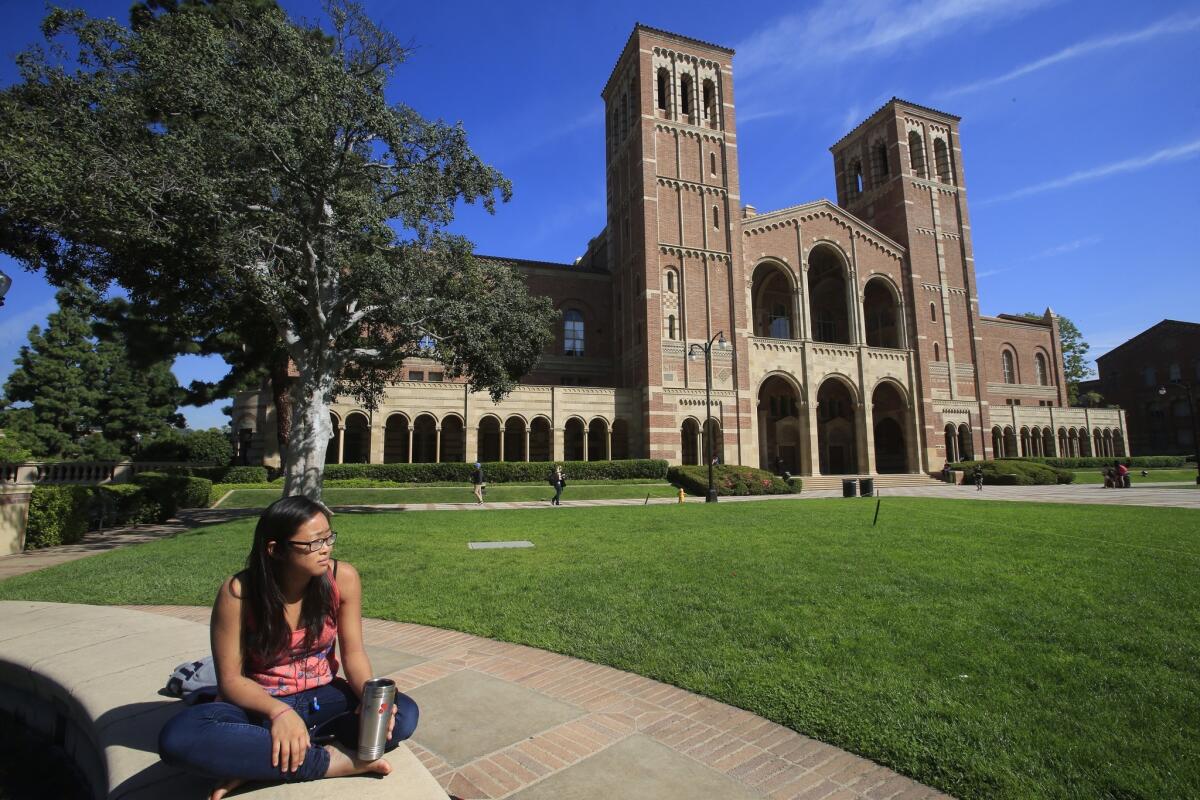Navigating student aid forms

Dear Liz: I’m having trouble finding information about how to structure my finances to get the maximum financial aid for my kids when they enter college. For example, will contributing to an IRA instead of a taxable investment account matter? Should I focus on paying off my mortgage or should I buy a bigger house and acquire debt in the process if I want my kids to qualify for more aid? There’s plenty of advice out there about how to minimize taxes — for example, by contributing to 401(k)s or selling losing stocks at year-end. But I’m interested in legally and ethically shielding my assets from the family contribution calculations used by the Free Application for Federal Student Aid. Any idea how I can learn more about the inner workings of the FASFA formula?
Answer: Before you rearrange your finances, you need to understand that most financial aid these days consists of loans, which have to be repaid, rather than scholarships and grants that don’t. Wanting your kids to qualify for more aid could just lead them to qualify for more debt.
Also, the FAFSA formula weighs income more heavily than assets. If you have a six-figure income and only one child in college at a time, you shouldn’t expect much need-based financial aid, regardless of what you do with your assets.
That said, there are some sensible ways to shield assets from the formula, and often they’re things you should be doing anyway: maxing out your retirement contributions, for example, and using any non-retirement savings to pay down credit cards, car loans and other consumer debt.
Using non-retirement savings to pay down mortgage debt helps with the federal formula, but may not help much with private schools that include home equity in their calculations. Either way, taking on a bigger mortgage with college looming is rarely a good idea.
You can get some idea of how much the federal formula expects you to pay for your children’s educations by using the “estimated family contribution” calculator at FinAid.org. Another great source of information is the book “Filing the FAFSA: The Edvisors Guide to Completing the Free Application for Federal Student Aid” by Mark Kantrowitz and David Levy.
Taking Social Security benefits early may shrink returns
Dear Liz: You’ve often talked about delaying the start of Social Security benefits to maximize your check. But what about in the case of a widow? My husband died in 2006 at the age of 57. I will be 62 this year and could start receiving benefits based on his earnings. (I did not work during our marriage as I was a home-schooling mom.) I’ve been living off my husband’s modest pension benefits. Would waiting until full retirement age increase the monthly payment I would ultimately get? One of the reasons I ask is that I have an adult son who lives with me and who probably will never be able to have a job. Yet he is not officially disabled and, as far as I know, is not eligible for any kind of benefits. I wondered if it might be a good idea to start taking Social Security as soon as I could and either save or invest the monthly checks to add to what I could leave my son (I have an IRA and other assets I hope not to have to touch). My pension will cease when I die.
Answer: You could have started receiving survivor’s benefits at 60. (Those who are disabled can start survivor’s benefits as early as age 50, or at any age if they’re caring for a minor child or a child who is disabled under Social Security rules.) Since your husband died before he started benefits, your check would be based on what your husband would have received at his full retirement age of 66. If you start benefits before your own full retirement age, however, the survivor’s benefit is permanently reduced.
For many people, starting survivor’s benefits isn’t as bad an idea as starting other benefits early. That’s because survivors can switch to their own work-based benefit any time between age 62 and 70 if that benefit is larger. Starting survivors benefits early can give the survivor’s own work-based benefit a chance to grow.
In your case, however, the survivor’s benefit is all you’re going to get from Social Security. While it may be tempting to take it early and invest it, you’re unlikely to match the return you’d get from simply waiting a few years to start.
Your description of your non-working adult son as “not officially disabled” is a bit baffling. If he has a disability that truly prevents him from working, getting him qualified for government benefits would provide him with income and healthcare that would continue despite whatever happens with you. (You may not want to touch your assets, but that might be necessary if you need long-term care.) If he can work, then getting him launched and self-supporting would be of far greater benefit than hoarding your Social Security checks for him.
Questions may be sent to Liz Weston, 3940 Laurel Canyon, No. 238, Studio City, CA 91604, or by using the “Contact” form at asklizweston.com. Distributed by No More Red Inc.
More to Read
Inside the business of entertainment
The Wide Shot brings you news, analysis and insights on everything from streaming wars to production — and what it all means for the future.
You may occasionally receive promotional content from the Los Angeles Times.









